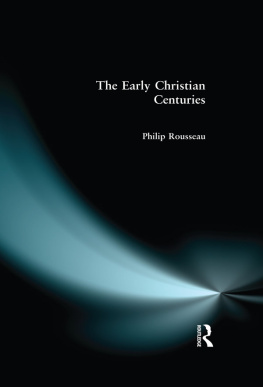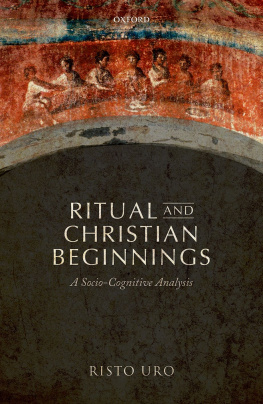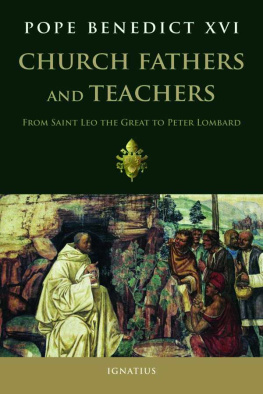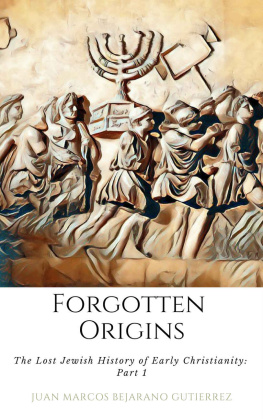First published 2002 by Pearson Education Limited
Published 2013 by Routledge
2 Park Square, Milton Park, Abingdon, Oxon OX14 4RN
711 Third Avenue, New York, NY 10017, USA
Routledge is an imprint of the Taylor & Francis Group, an informa business
Copyright 2002, Taylor & Francis.
The right of Philip Rousseau to be identified as Author of this Work has been asserted by him in accordance with the Copyright, Designs and Patents Act 1988.
All rights reserved. No part of this book may be reprinted or reproduced or utilised in any form or by any electronic, mechanical, or other means, now known or hereafter invented, including photocopying and recording, or in any information storage or retrieval system, without permission in writing from the publishers.
Notices
Knowledge and best practice in this field are constantly changing. As new research and experience broaden our understanding, changes in research methods, professional practices, or medical treatment may become necessary.
Practitioners and researchers must always rely on their own experience and knowledge in evaluating and using any information, methods, compounds, or experiments described herein. In using such information or methods they should be mindful of their own safety and the safety of others, including parties for whom they have a professional responsibility.
To the fullest extent of the law, neither the Publisher nor the authors, contributors, or editors, assume any liability for any injury and/or damage to persons or property as a matter of products liability, negligence or otherwise, or from any use or operation of any methods, products, instructions, or ideas contained in the material herein.
ISBN 13: 978-0-582-25653-8 (pbk)
British Library Cataloguing in Publication Data
A CIP catalogue record for this book can be obtained from the British Library
Library of Congress Cataloging in Publication Data
A CIP catalog record for this book can be obtained from the Library of Congress
I n writing this account of early Christianity, I had in mind the reader who was curious to know where the first Christians sprang from, and why they thought and behaved in the way they did; the reader who was also prepared to devote the reflective attention necessary in order to discover the answer. I myself wanted to uncover both the subjective and the objective elements of early Christian experience: what it meant to be a human being, and how the world about one might be interpreted. I also wanted to consider the effect of such reflections on the ways in which Christians organized their lives.
It is impossible, however, to please everyone, when presenting a book of this scope. Sceptics may consider me too generous, too tolerant of ignorance, prejudice and cruelty. Firm believers may find me too hesitant, too quick to dismiss the honourable ambitions of churchmen and the telling arguments of those with a vested interest in one doctrinal view. Theologians often want more theology, social scientists more circumstance. In the end, perhaps, one pleases oneself in this sense, that I wanted to know not only what inspired and formed those first Christians but also what I should therefore think of them, my spiritual ancestors. I wanted, as I explain in my first chapter, to identify the shape of early Christianity. I was prepared to believe that, if I myself had found the inquiry interesting and important and was able to demonstrate why, then others would find it so as well. There is, perhaps, a historical methodology lodged in such an assumption; and I make no apology for attempting to share both my puzzlement and my enthusiasm.
Much of the work published on this topic has been, I believe, too preoccupied with the development of doctrine and church order. What people believe, and how they arrange their relationships accordingly, are undoubtedly matters of significance; but the temptation has been to separate those elements from other forces in peoples lives, thus suggesting that both doctrine and church order were carried forward exclusively by principles intrinsic to themselves. The result is often a mere succession of parties and arguments, or else a focus on themes literary, for example, or philosophical. I have tried here to maintain a sense of momentum within Christian society; and I have given prominence to those concerns that instilled an urgency into individual lives, dictated a certain pattern of relationships among believers, and passed comment on their attitudes to the bewilderingly varied society around them.
It is always difficult to know when to end a book of this sort. Not every solution to the problem has been a happy one. I am particularly averse to ending at a moment of apparently doctrinal significance, such as the Council of Chalcedon in 451. It seems more natural to end with clear challenges to the hegemony of the Roman world challenges represented by both the establishment of setder kingdoms in the West during the fifth and sixth centuries and the rise of Islam in the East during the seventh. Those events carry us into a world where Latin and Greek Christians had become increasingly distinct, and where a large sector of the Church found itself permanently under Muslim domination. In other ways, however, there are no endings. One of the themes of this book is the notion of constant and inconclusive interplay particularly the interplay between Christians and Jews, and (among believers themselves) between spiritual intimacy and ruthless cruelty. The sixth and seventh centuries did not bring such tensions to a close.
The debts incurred in writing a broad survey are always great. Many of them are acknowledged in my various bibliographies. My own generation has been dominated by the syntheses of Henry Chadwick and W.H.C. Frend, who have both written works that I am in no position to usurp and that I have every reason to honour. I thank most warmly my former colleagues at the University of Auckland, an institution that I have always found both wise and generous in its support of research and travel. I acknowledge in my dedication my particular indebtedness, over more than twenty years, to my colleague Valerie Flint. A substantial proportion of my secondary reading was completed when I was a Visiting Scholar at Wolfson College, Oxford and a Bye Fellow at Robinson College, Cambridge, and I am most grateful to both bodies for their kindness and support. I have now found new friends and mentors at the Catholic University of America, particularly, in their help with this book, William E. Klingshirn and Robin Darling Young. Large portions of the manuscript were read by Paula Fredriksen, Morna Hooker, Judith Lieu and Rebecca Lyman, whose advice was always of great value, although I did not always succeed in keeping up to their mark. Pauline Allen and Robert Markus read the whole work with great attention more than once, and I cannot overestimate the authority and precision of their judgements. Professor D.F. Wright of the University of Edinburgh also saved me from a blunder or two. None of those invaluable guides should be blamed, however, for my errors and predilections. I also count myself lucky to have worked in a generation of late Roman historians characterized pre-eminently by their enthusiasm, learning and kindness; and, as on previous occasions, I happily single out the inspiration and support provided by Peter Brown. Finally, I owe a great debt to my family, especially to my wife Thrse, a shrewd and tolerant critic, and my chief source of unstinting encouragement.
Philip Rousseau
Catholic University of America





